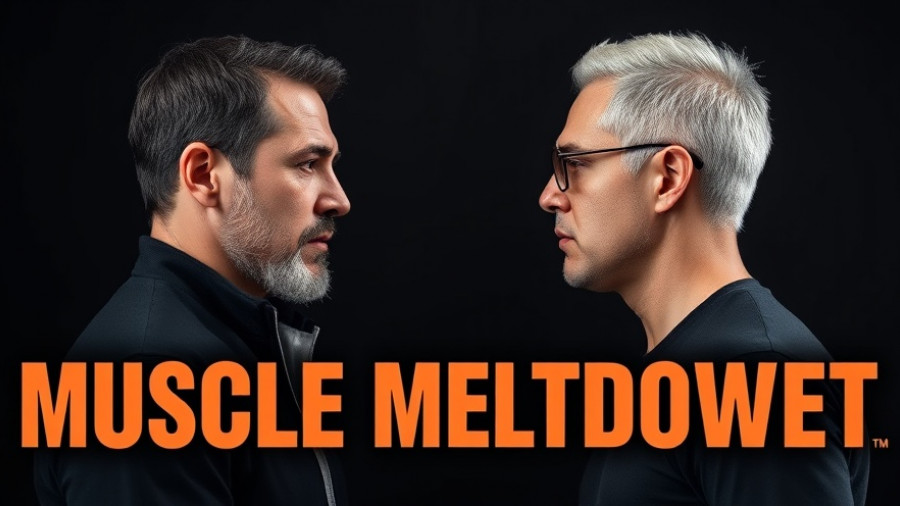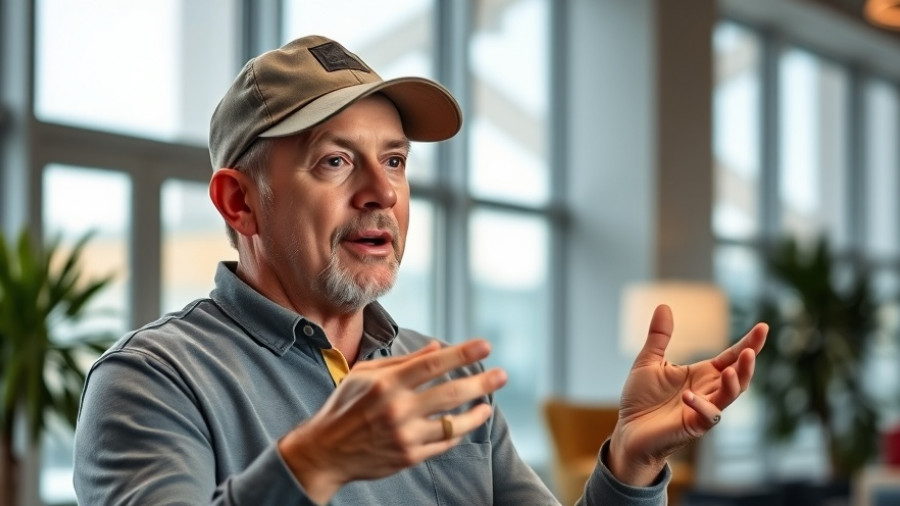
In a thought-provoking episode titled Biohacking Priests: The Religion of Anti-Aging That’s Defying Death, the conversation between philosopher Steven Cave and biohacker Dave Asprey spurred deep reflections on the human condition, life extension, and the technologies that aim to transcend mortality.
In Biohacking Priests: The Religion of Anti-Aging That’s Defying Death, the discussion dives into the intersection of technology and human desire for immortality, prompting a lens through which we analyze these key ideas.
The Quest for Immortality: A Double-Edged Sword
The human yearning for immortality is an age-old narrative, livelier today than ever. Cave notes that historically, advancements in civilization—ranging from agriculture to the invention of medicine—can be viewed through the lens of life-extension technologies. However, the question remains: at what cost do we pursue these advances? The pursuit of longevity often grapples with ethical dilemmas, as highlighted by Cave, who argues that embracing mortality enriches our experience of life.
Breaking Down Immortality Narratives
Throughout history, cultures have woven four primary narratives around immortality, reflecting different views on life continuation: living eternally in this body, resurrection, the enduring nature of the soul, or creating a lasting legacy. Each story serves a psychological need, allowing society to construct meaning around the inevitability of death. Yet, as Cave efficiently puts it, while these narratives give comfort, such beliefs can also lead to profound dilemmas related to meaninglessness if such life extension were to become possible.
Biohacking: Innovators or Modern High Priests?
Biohackers have emerged as today's experimental pioneers of human optimization. With methods ranging from nootropics to intermittent fasting, they navigate the futuristic terrain of lifespan extension and improved health. Cave notes a certain reverence for these practitioners, drawing parallels to high priests, while simultaneously urging caution about the societal implications of these practices. For every innovation aimed at extending life, there is a corresponding need to consider its ethical ramifications.
The Boredom Factor: Is Living Longer Worth It?
Cave articulates a fascinating concern: living extended years could lead to boredom or a feeling of meaninglessness. He suggests that the challenge lies in finding purpose during an unusually long life, where traditional markers of achievement might lose their significance. This introduces another layer of conflict in the quest for longevity; will extending life bring joy, or will it dilute our experience of being fully alive?
As audiences reflect on these discussions of impending lifespans and technological advancements within the biohacking realm, they are invited to consider: what true fulfillment lies in living longer, and how might we integrate the wisdom of accepting our mortality into our pursuit of greater health? It's a question that resonates as deeply in the halls of power as it does in personal homes everywhere.



Write A Comment